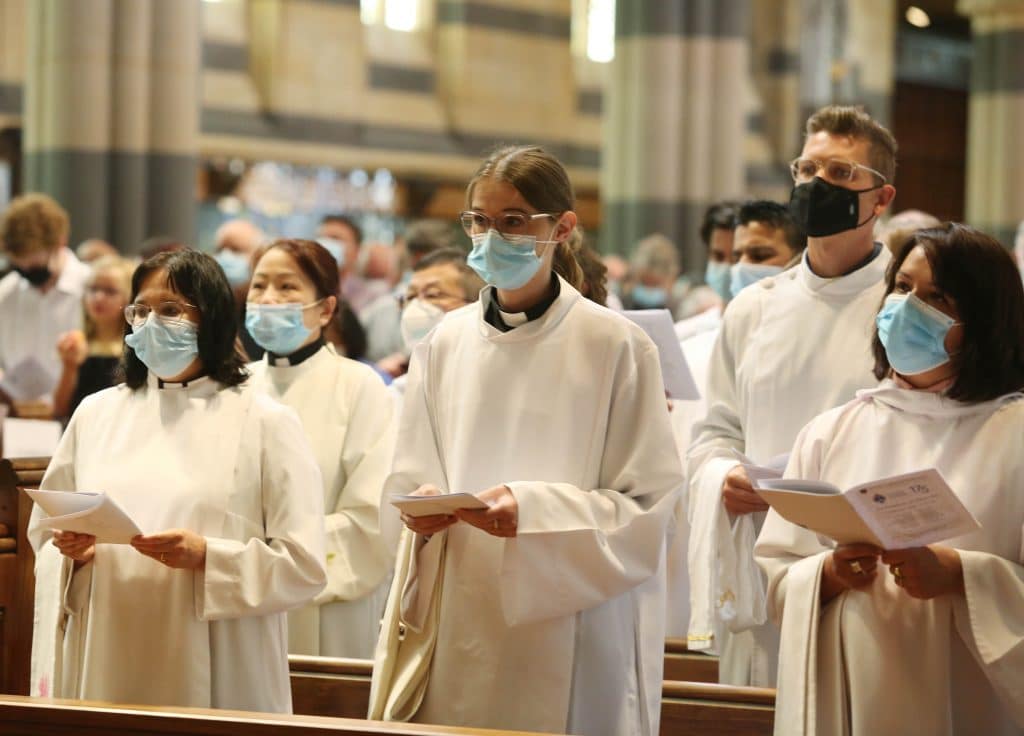
Stephen Cauchi
13 March 2022
The church’s training programs must reflect new realities in training priests, a panel discussion on ministry training is set to hear later this month.
Diocese of Melbourne director of theological education Bishop Brad Billings said changes included the way aspirants completed theological education, their length of time in the Anglican church, and the language background of most.
“In the past a selected aspirant [for the priesthood] would complete several years of theological education at a college – usually, as a residential student,” Bishop Billings said.
“That is now the exception. Most ordinands are already students at a theological college by the time they attend a formal selection process, and the vast majority are non-residential.”
Bishop Billings said another key change was that ordination candidates were generally newcomers to the Anglican church, and the period of ministerial formation before ordination was shorter than in the past.
“Half have less than five years in the Anglican Church, so both ministerial formation and formation in the Anglican tradition are needed,” he said.
On top of this he said almost all candidates were now self-supporting, facing time, family, and financial pressure.
And he said, for many English was a second, third or fourth language.
Bishop Billings said great changes had also taken place in the period after priests or deacons were ordained. He said vast majority used to serve one or more curacies, before being appointed as priest-in-charge of their first parish, after which they would serve as vicar.
Instead, he said, today offered to be ordained intending to minister as a distinctive deacon, as an assistant to another clergy member, as a church planter, or as a chaplain in schools, hospitals or other settings.
Bishop Billings said that one change he wished to see was longer curacies, which were centrally funded, rather than having to rely on the ability of a parish to fund them.
He said pastoral and theological training was also now not sufficient, with future leaders needing to be prepared for everything from governance and compliance issues arising in parishes, to balance sheets, or reading church legislation.
But Bishop Billings said some aspects of training should remain the same, such as a sustained life of prayer.
“There is really is no substitute for the Prayer Book wisdom of morning and evening prayer, and for sustained participation in Anglican worship, to form a minister,” he said.
Archbishop Philip Freier will chair the “Ministerial formation to serve the future church” public conversation on Sunday 27 Match, at 3pm at Saint Agnes Glen Huntly.
Other participants in the panel discussion include the Bishop of Bendigo Matt Brain, Aunty Rose Elu, a Torres Strait elder from the Diocese of North Queensland, director of ministry education at Trinity College the Reverend Fergus King, vicar-general of the Diocese of Gippsland the Archdeacon Graham Knott, and vicar of Saint Agnes the Reverend Alexander Ross.






